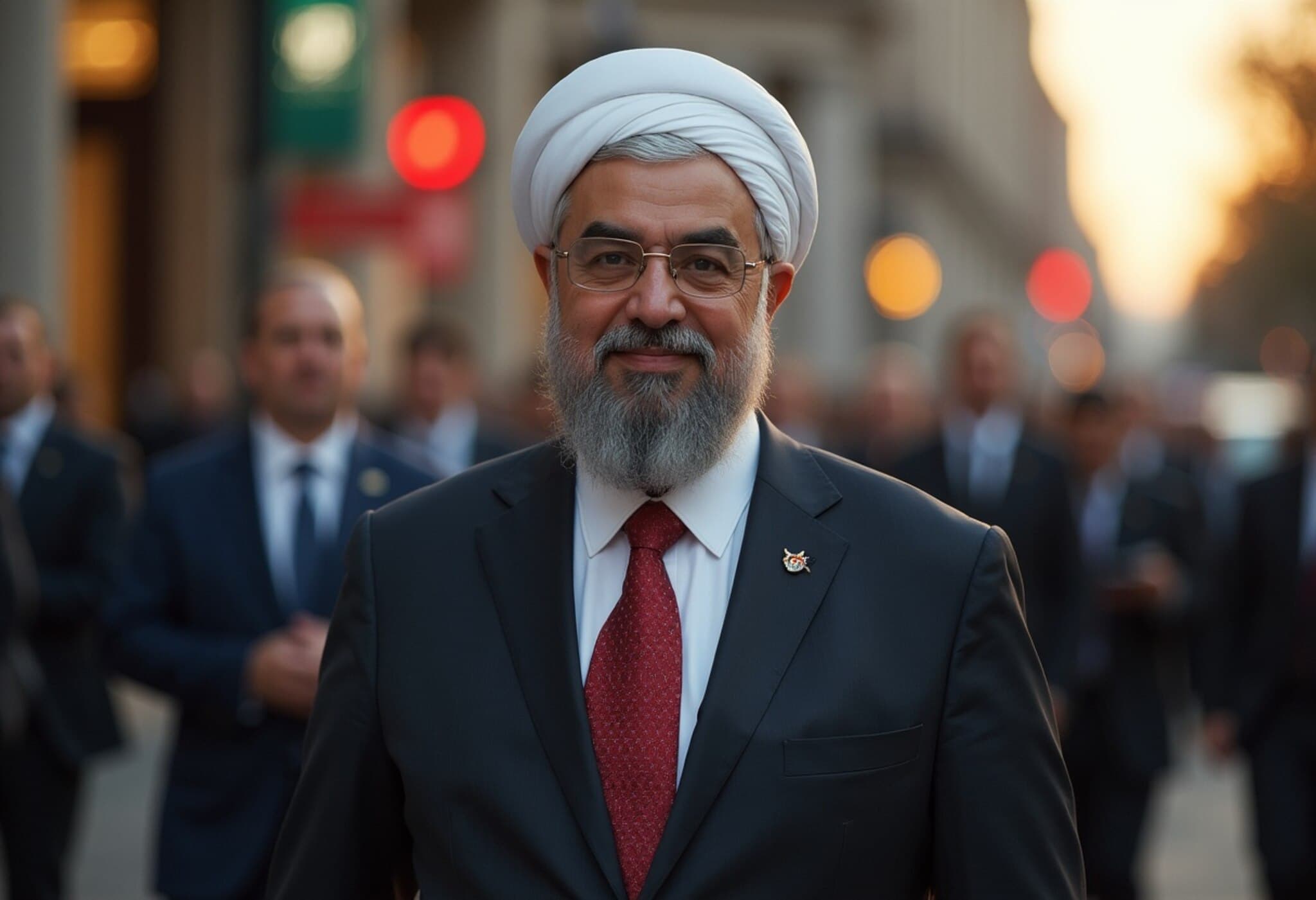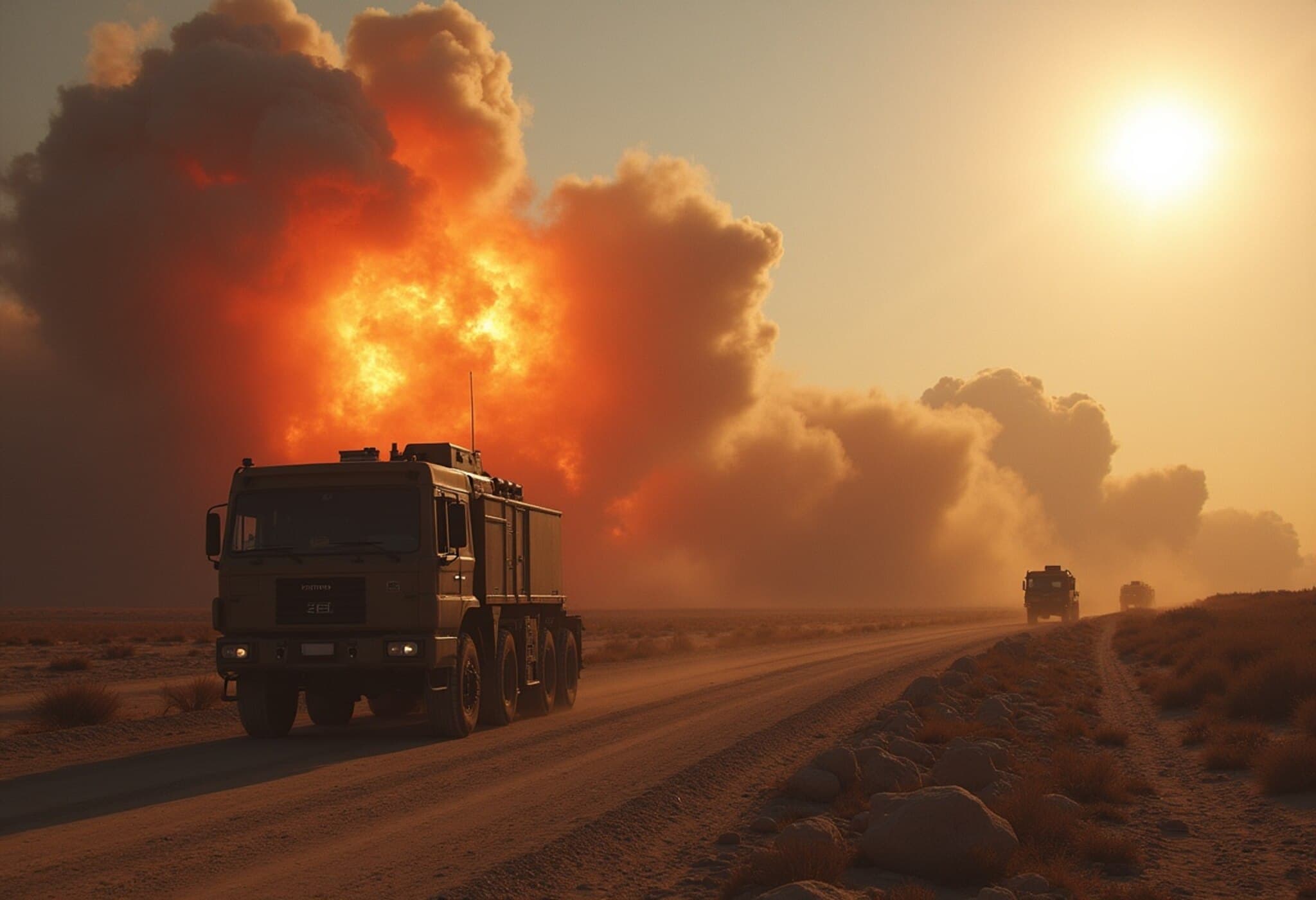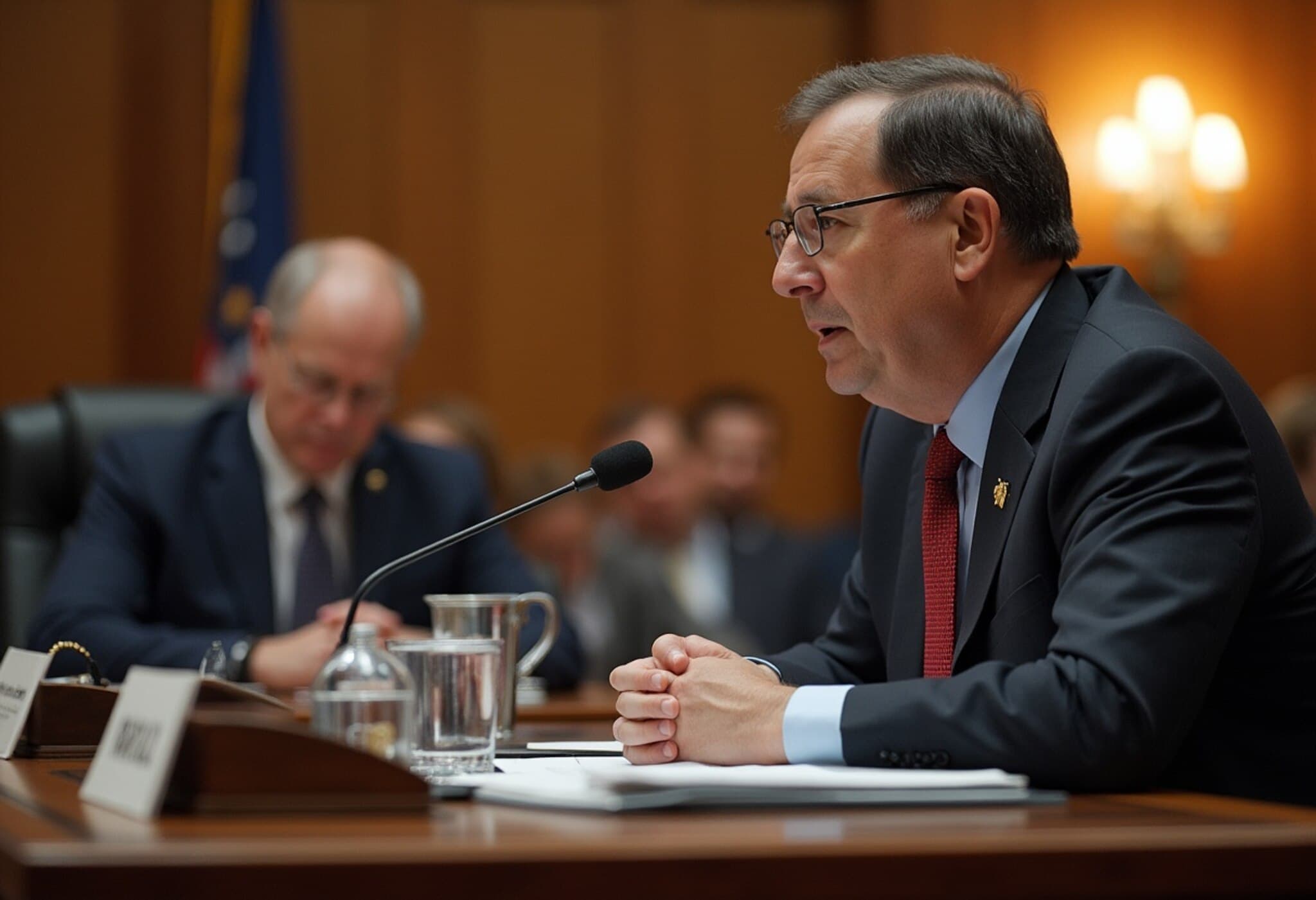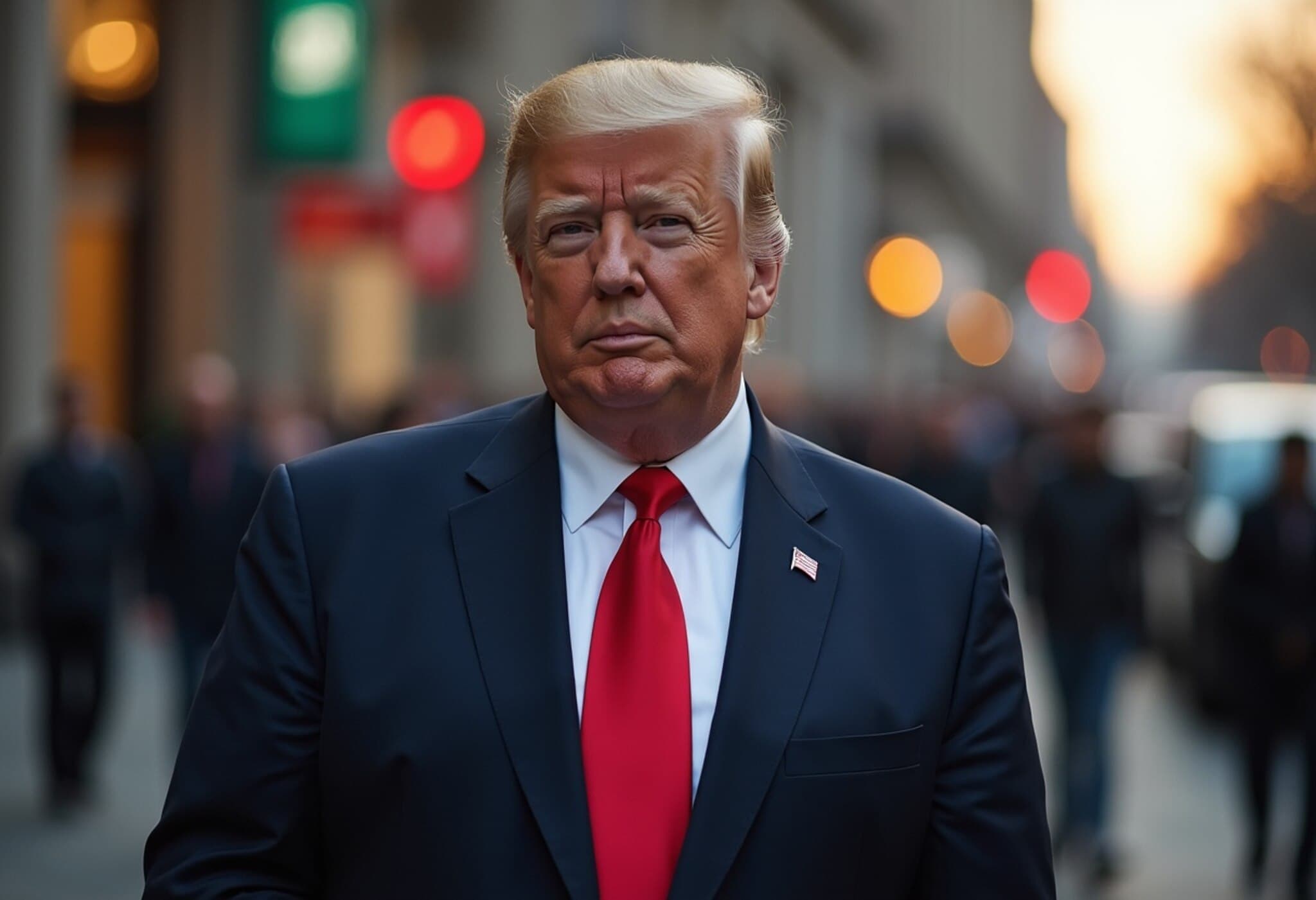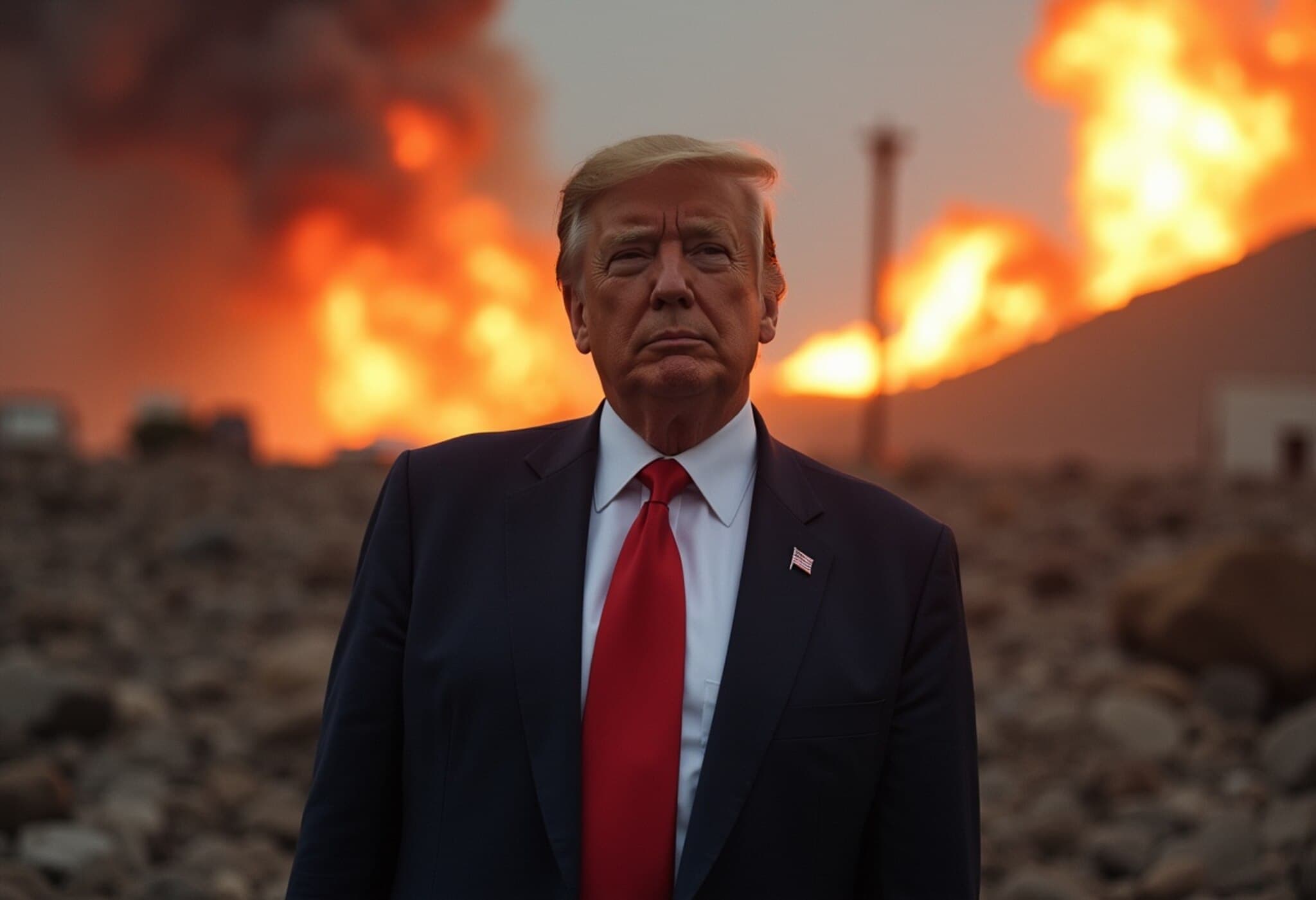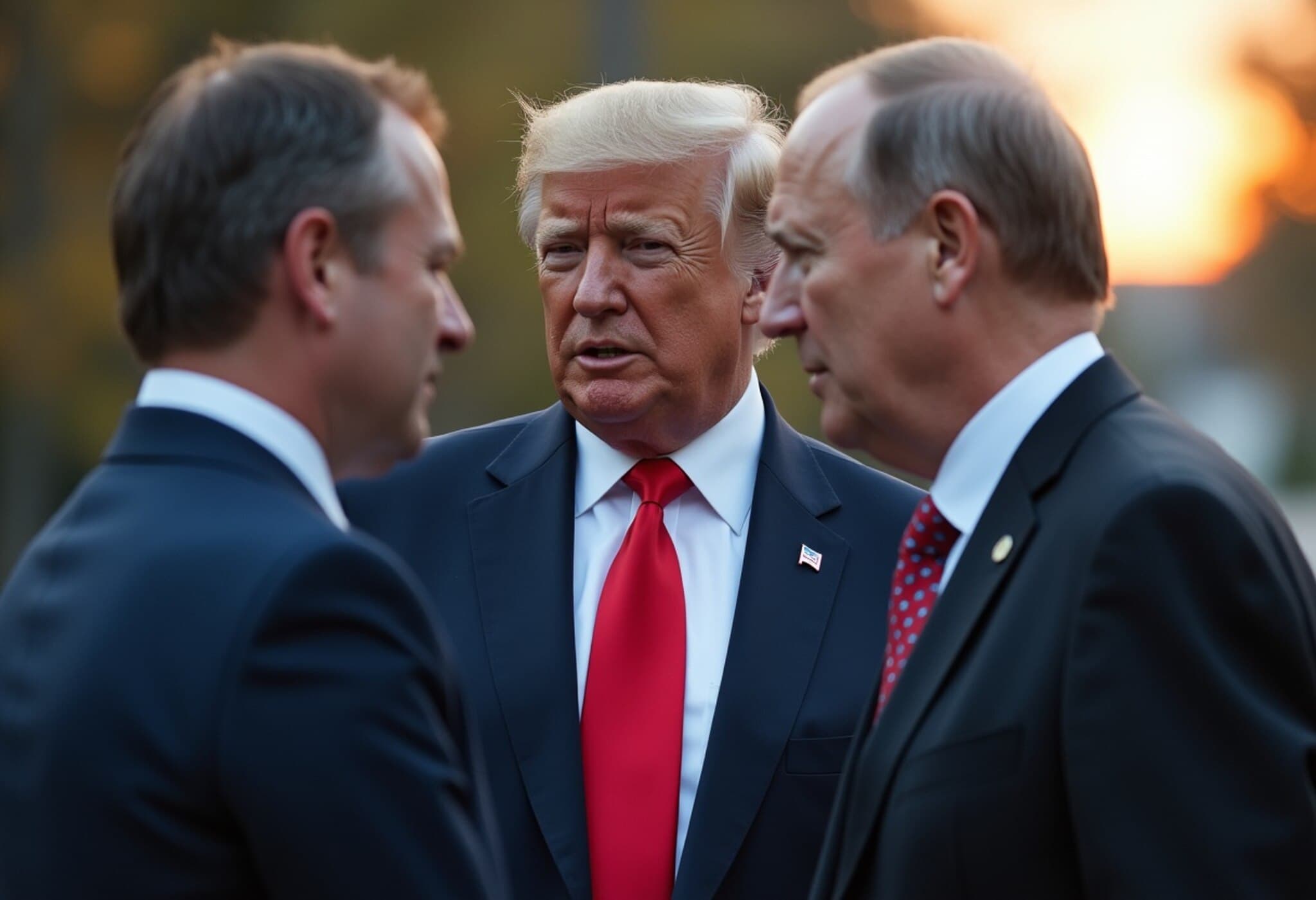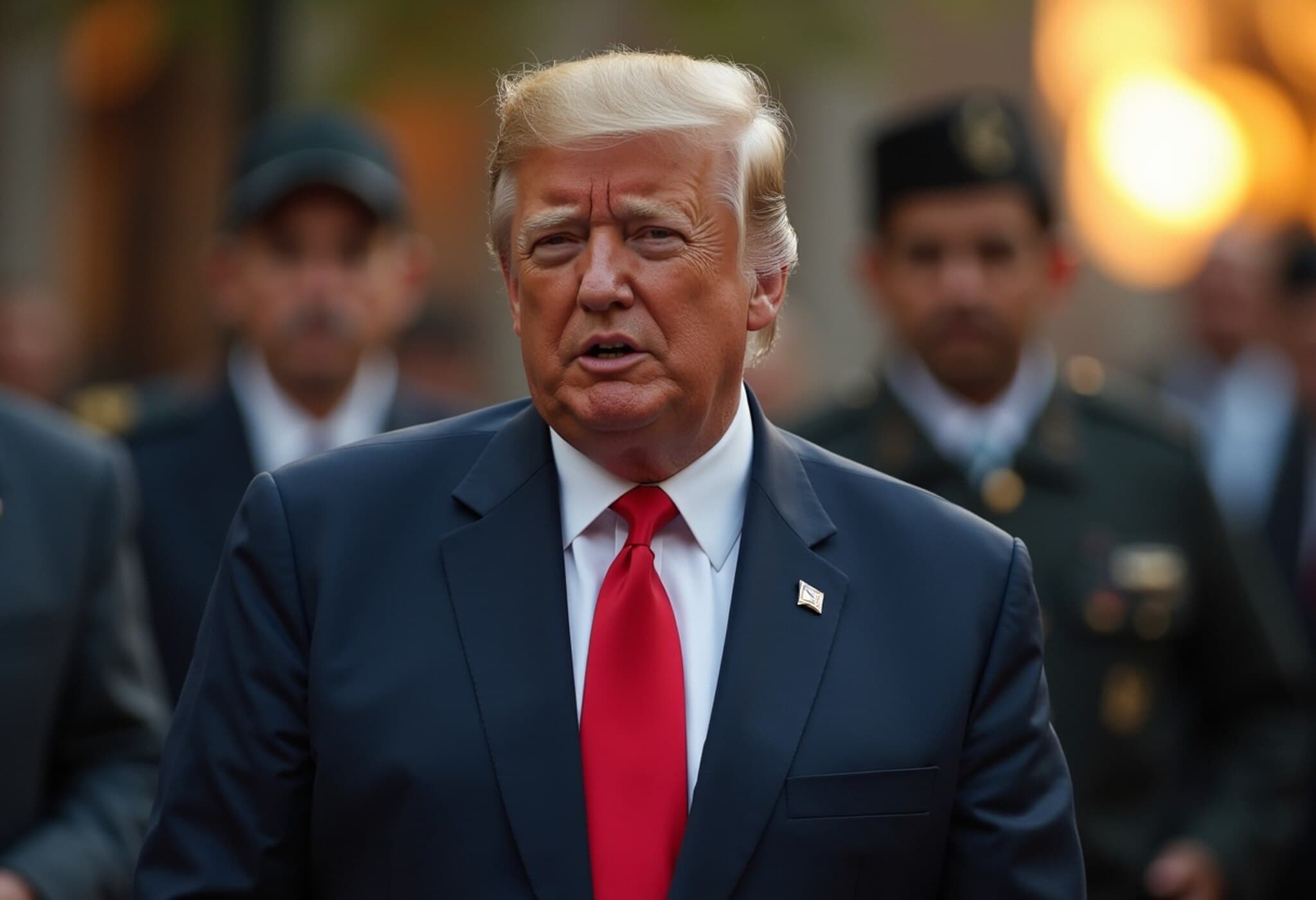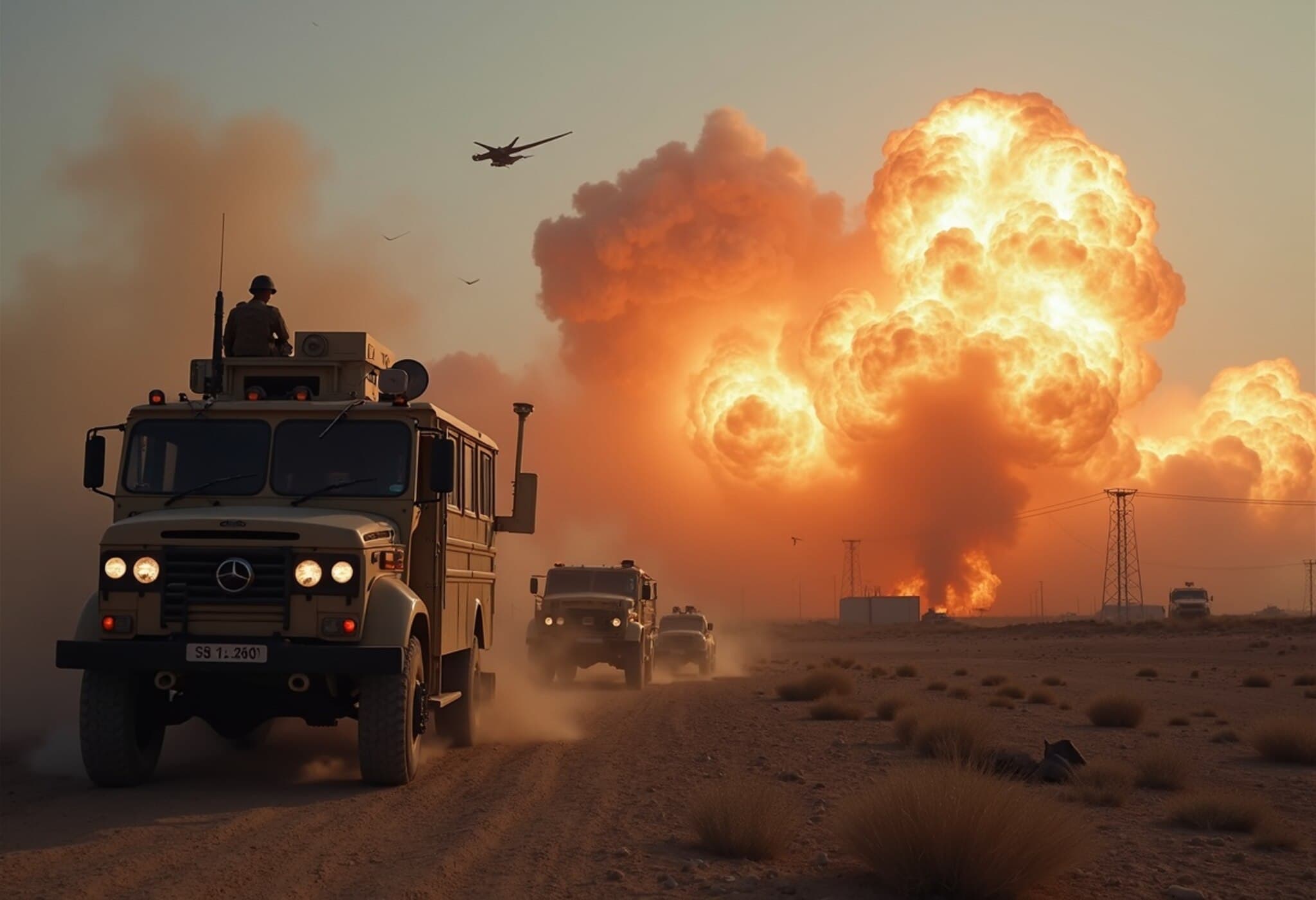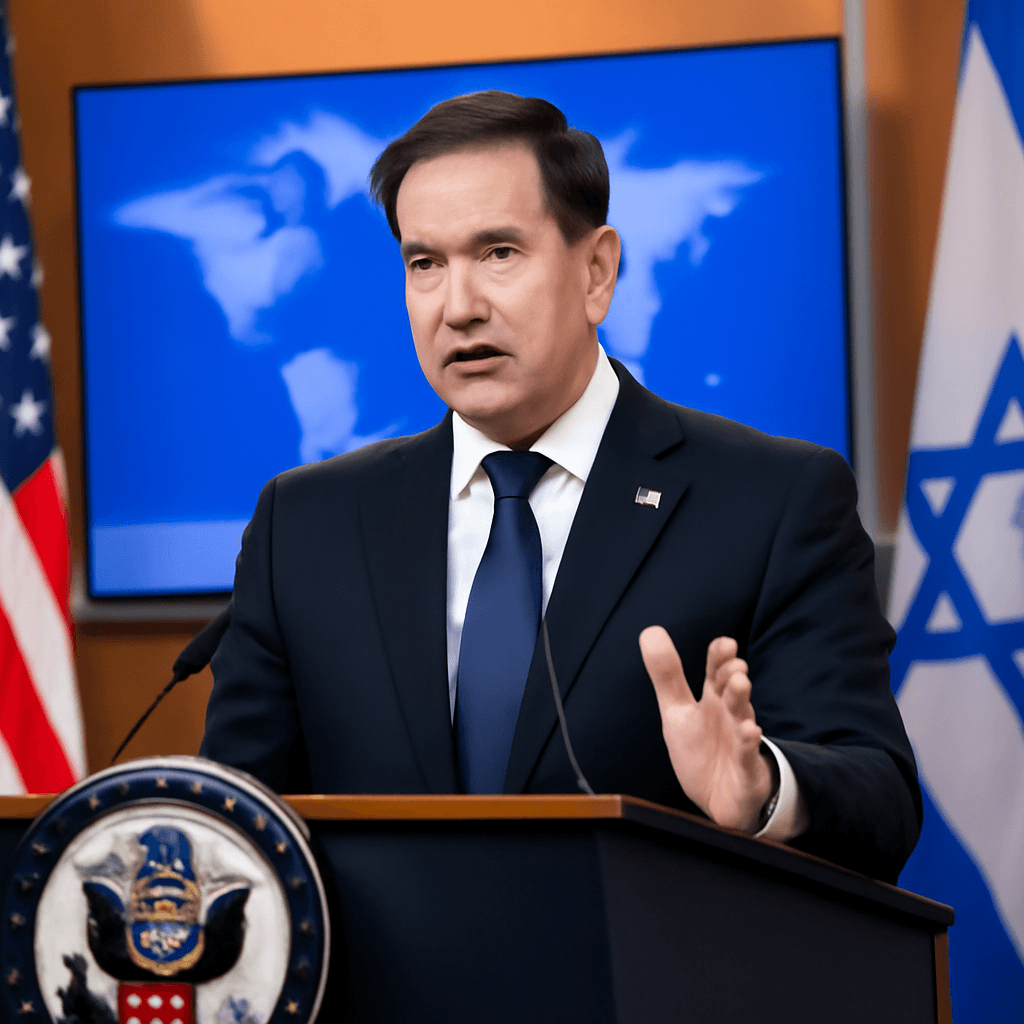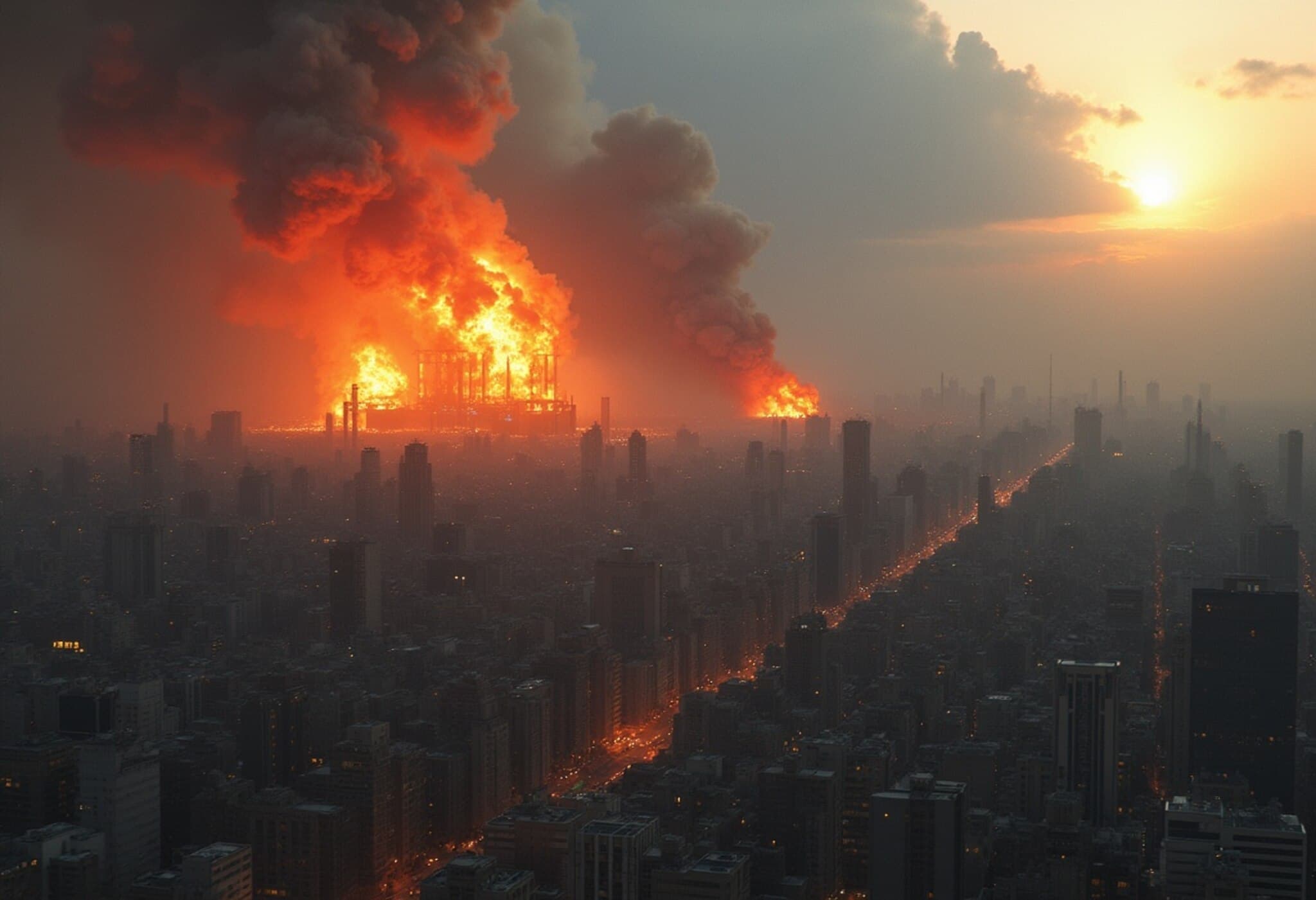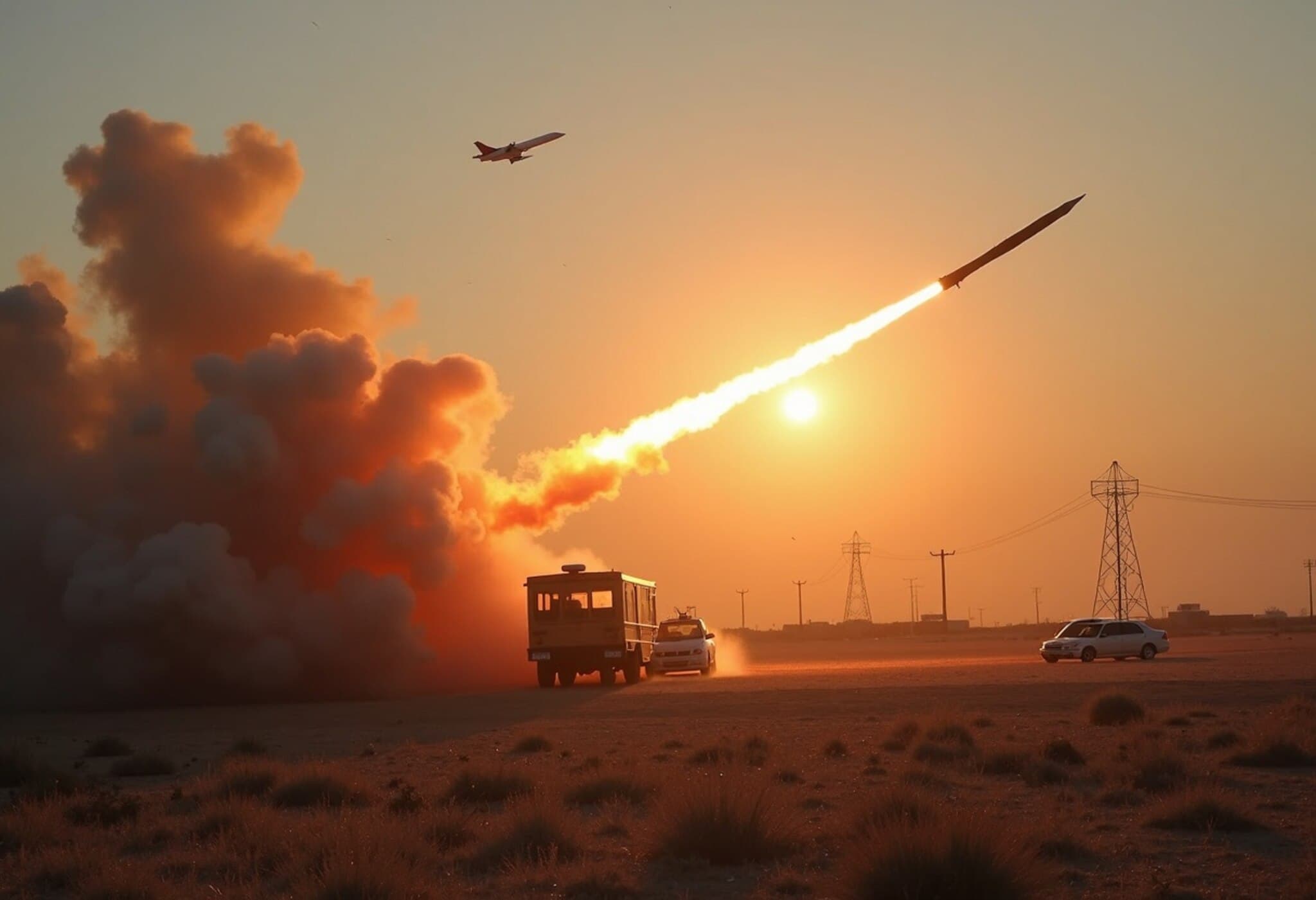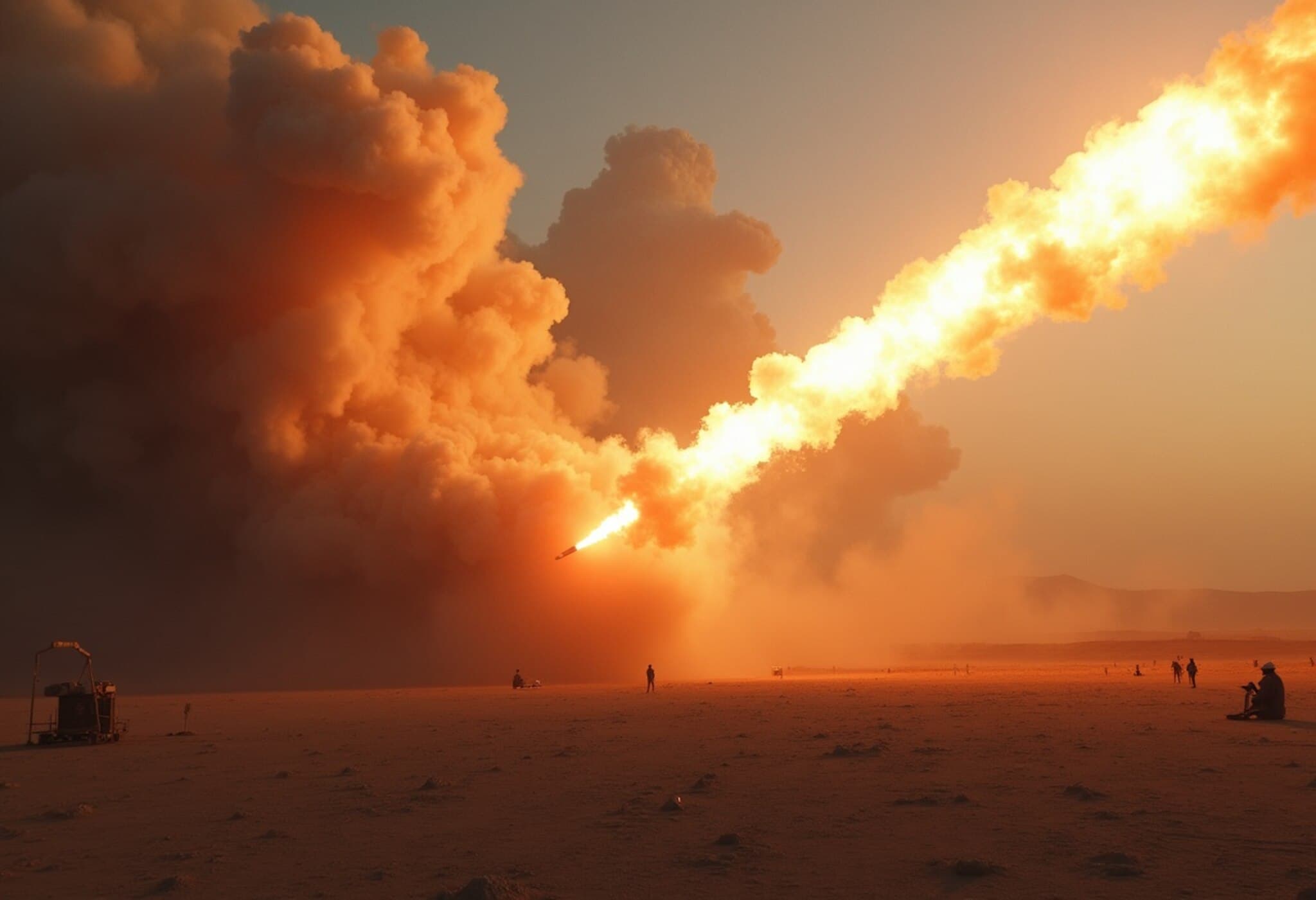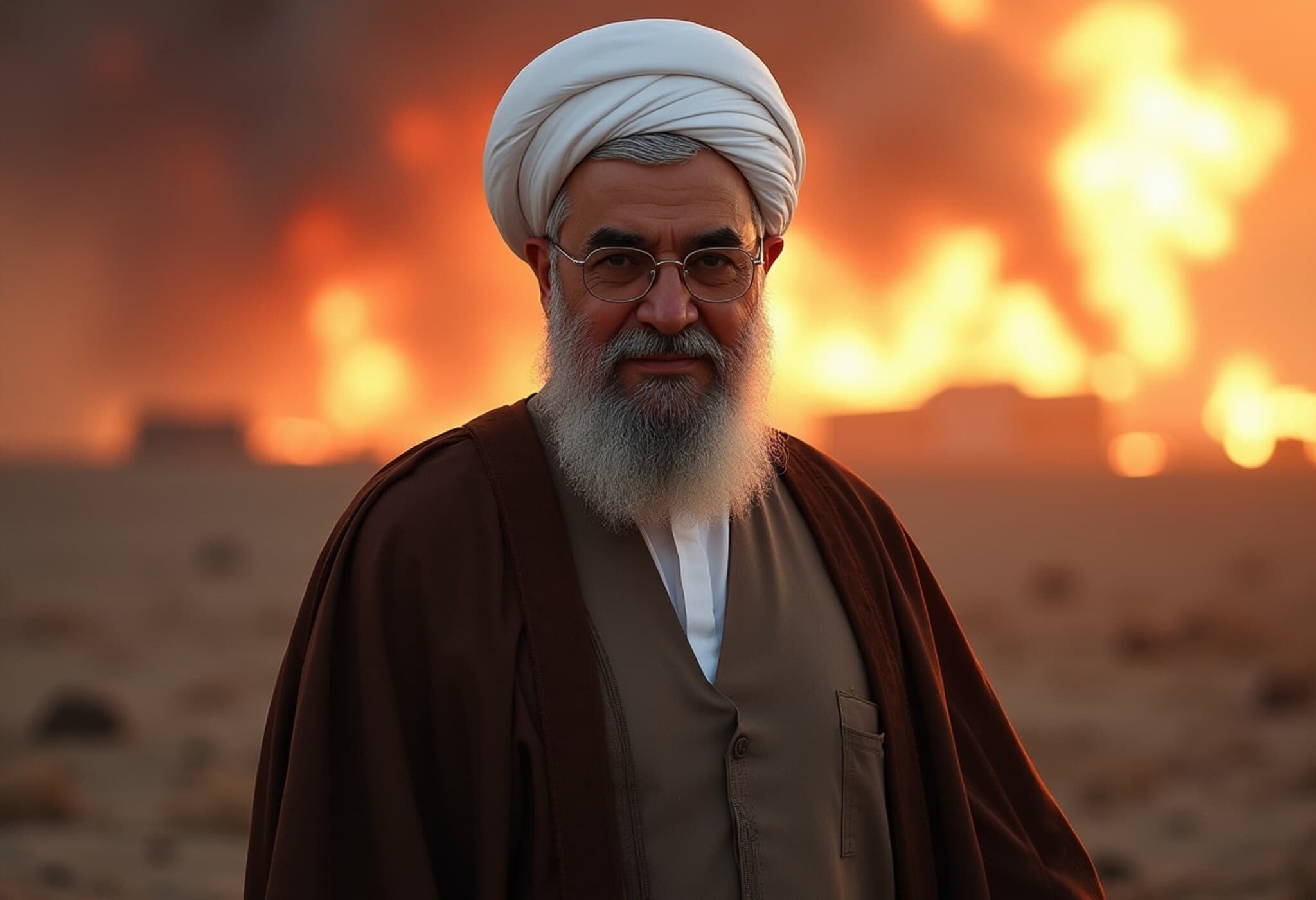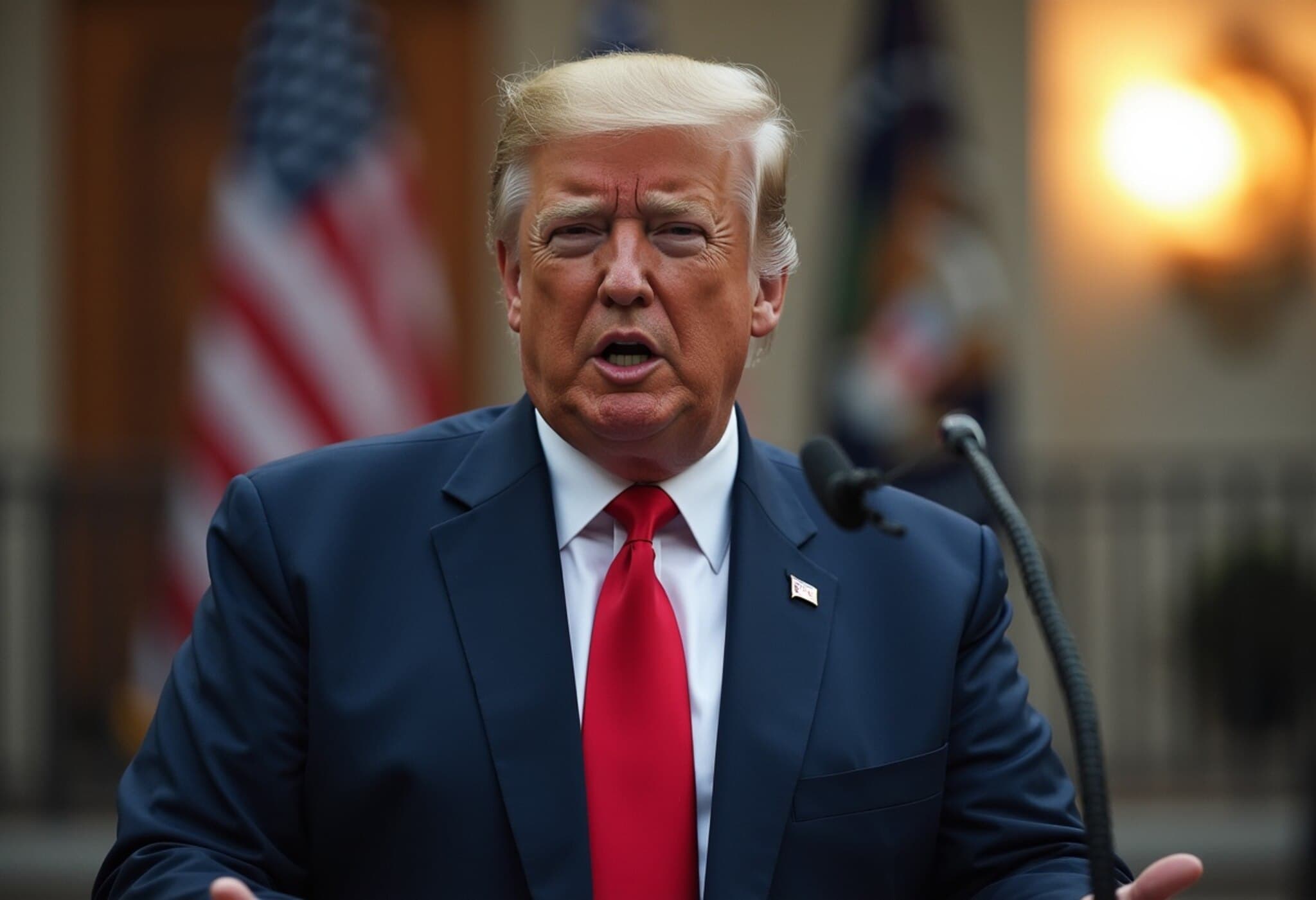Heightened Tensions Between the US and Iran Cast Shadow Over Nuclear Talks
In recent developments, the Pentagon has directed the withdrawal of troops and non-essential personnel from US embassies in Baghdad, Kuwait, and Bahrain, reflecting escalating tensions between the United States, Israel, and Iran. This move signals a shift from the previously optimistic tone surrounding the ongoing nuclear negotiations.
A Changing Dynamic in Nuclear Negotiations
Initially characterized as "positive" and "respectful," the indirect US-Iran talks have taken a more somber turn. Both nations express a mutual desire for a deal: the US aims for a diplomatic victory that its predecessors could not secure, while Iran seeks relief from crippling economic sanctions.
Despite these shared goals, progress now seems uncertain. The US President highlighted concerns about safety risks for American personnel in the region, stating, "They are being moved out because it could be a dangerous place and we will see what happens." Furthermore, he accused Tehran of delaying the process, exhibiting a decline in confidence compared to previous months.
On the Iranian side, officials criticize the United States for not respecting Iran’s right to enrich uranium for peaceful purposes, emphasizing that Iran's stance remains firm.
The Looming Risk of Military Confrontation
The prospect of military conflict looms large as rhetoric intensifies. The US and Israel have both hinted at possible airstrikes targeting Iran’s nuclear facilities should talks fail. Responding to this, Iran’s defense minister cautioned that any aggression would provoke forceful retaliation, warning that American bases in the region would be within Iran's reach and subject to attack without hesitation.
Adding to the tension, the International Atomic Energy Agency (IAEA) recently declared Iran in non-compliance with nuclear safeguards for the first time in almost two decades, escalating international concerns.
Diplomatic Efforts Continue Amid Uncertainty
US Middle East envoy Steve Witkoff is scheduled to meet with Iran’s Foreign Minister in Oman to continue dialogue, signaling ongoing diplomatic efforts despite rising instability. Meanwhile, Israel maintains a hardened stance against Iran, underscoring the fragile nature of the region’s peace.
Experts caution that while the risk of conflict is serious, current military withdrawals may be strategic moves to apply pressure ahead of negotiations rather than immediate preparation for war.
Core Issue: Iran’s Uranium Enrichment
The central obstacle revolves around Iran’s uranium enrichment program. While initially the US showed some flexibility regarding low-level enrichment for civilian purposes, recent statements mark a zero-tolerance approach beyond zero enrichment, a deal-breaker for Iran.
Iran insists on its right under the Nuclear Non-Proliferation Treaty to maintain a peaceful nuclear program. However, international anxieties center on Iran’s uranium enrichment reaching 60% purity, nearing weapons-grade levels, far exceeding the 2015 deal’s limit of 3.67%. This steep increase has alarmed observers and threatens to derail negotiations.
Is There Room for Compromise?
Some proposals suggest compromise options, such as Iran joining a regional nuclear consortium allowing limited enrichment with a future commitment to phase it out, alongside mothballing facilities rather than full dismantlement. However, analysts point out these ideas remain vague and unlikely to satisfy Iranian demands permanently.
Moreover, Iran presses the US for clear commitments on sanctions relief—a critical condition for any agreement—yet progress on this front has been frustratingly slow and non-substantive.
Significance of Iran’s Threats
Iran’s threat to directly strike US assets is a game-changer. Experienced analysts warn that Iranian missile capabilities, proven effective during recent strikes on Israel, could lead to a devastating escalation if conflict ensues.
Domestically, this issue carries political weight, with some supporters of US leadership concerned that escalating tensions could jeopardize political stability despite diplomatic solutions remaining within reach.
Looking Ahead
As negotiations resume, the delicate balance between diplomacy and military posturing continues to define the US-Iran relationship. While the possibility of conflict cannot be ruled out, many experts believe cautious dialogue and strategic patience may still steer both parties toward a peaceful resolution.

